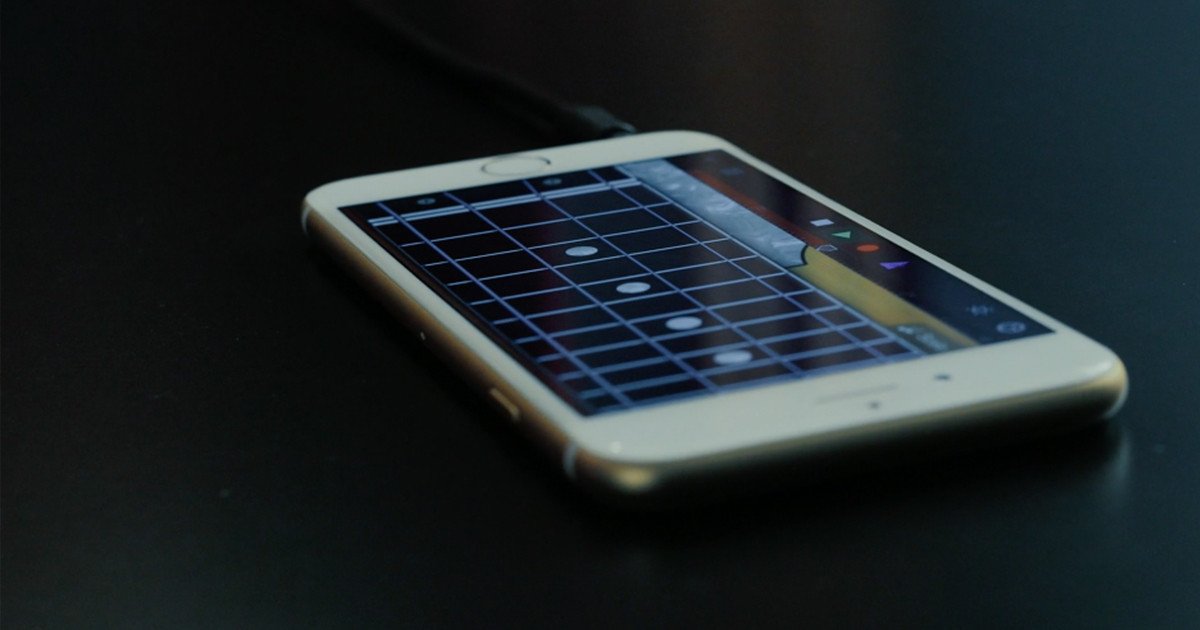
How to Re-Create a Song in GarageBand?

You just listened to your favorite song on the radio or on your Spotify playlist. Now, if you want to sing that song without buying the karaoke version or downloading it off the Internet, what to do? Well, that’s where Apple’s digital audio workstation GarageBand comes in. People from across the globe use this music production and edition software to create some really awesome tracks that actually sound great. Whether you are in the world of music production or know just a little about creating music and all that waveform stuff, this guide is perfect for recreating songs in GarageBand. The application will improve the quality and sound of the track, but the rest depends on your vocal recording. So, let’s get started with the steps to re-create a song in the GarageBand application.
STEP 1 : Open GarageBand
Firstly, open GarageBand from the Applications panel or by searching GarageBand in the search menu (⌘ + Spacebar). Click on New Project and then click on Empty project. Select choose on the lower-right corner. A pop-up window will appear. Select software instrument and click on any Piano from the library.
STEP 2 : Beats Per Minute
Once you are done creating the project for your new song recording, the first you need to find out is the BPM i.e. Beats Per Minute of the song that you want to record. Songs that are fast have a higher BPM and songs that sound slow have a lower BPM. Now, make sure the Metronome is on or you can turn it on by clicking ⌘ + U. Adjust the BPM from the master track, hit the spacebar button to play, pause, and restart again till you get it right.
Once you have the BPM, you need to find which key the song is in. You can search that over the Internet. Select that key next to BPM. Delete all the tracks and keep on deleting by clicking ⌘ + Del until all the tracks are cleared. Click on a new track and choose the software instrument option. Open Musical Typing and hit random keys to learn which key plays which note. Now return back to your project, press the record button, hit any note, and then stop the recording.
STEP 3 : Track Editor
First, extend the region by clicking on the edge and then dragging it to the right till 4 or 8 measures. Some songs might need longer. Click on the little scissors icon i.e. Track Editor. In this, you can adjust the notes according to your preferences. You can drag them to make them shorter, longer, or to change the note. You can also copy paste notes and adjust them. The main lick is different always. You can refer to some musical notes tutorial to adjust yours perfectly or can do that by listening to each pattern.
STEP 4 : Add the Chords
You can add or adjust the notes for chords the same way you did for lick. You can open a new track and with the help of Musical Typing, record the chords. Adjust the length and timing of the chords. Mainly, songs have repeated chord progressions. So, you can easily copy paste over the entire track region. If you don’t have a clue about how the progressions go, head over to the Internet to find it out easily.
STEP 5 : Drums
The drums in the software instruments section have no good pattern. A good option is a pre-recorded loop. Open the Loop section, see All Drums and check out if any of the preloaded ones are useful for your track. If you find any, loop it through your track. If not, you will have to design one using the software instruments.
STEP 6 : Add Effects
In the software instruments menu, you can select Edit to add effects. You will see a list of preloaded effects. You can turn it on or off by clicking on it. You can use a compressor in all your instruments for a better sound. Adjust different controls in the effects and make sound louder, softer, thinner, heavier, etc. You can use the Master Effects and panning to differentiate ambiences. Try out various effects, play along with the reverb, ambience, and panning. You will get your desired sound and results.
STEP 7 : Vocals
Once you are done with the effects and editing of all the background sound, effects, etc., it is time for the vocals. It is surely the most important part of your song and you need to get it accurate and right. You will be using a real instrument for the vocals. Under the Add Track option, you can select a real instrument input. Try to use a dedicated mic different from that of your Mac or PC. It will surely sound much better. One thing to sound accurate is by keeping a transcript of the song in front of you while singing. Record your singing. You can layer the voice, dual-tone it or do a lot with the features available in GarageBand. Just like you used the effects for your software instruments, you can apply it on your voice to make it sound way better. Also, make sure that you want to produce a humanistic song and not something robotic. So, do not play around much while editing the vocals. You can also set up the noise gate to remove the background noise from your vocal track.
STEP 8 : Export and Share
Once you are all done with the different editing and mixing parts of your track, it is finally time for you to share your masterpiece with your friends and family. Go ahead and click on the Share button on the top settings panel. You can share it to iTunes, send it on Soundcloud, email it, or can export the song on your disk. Choose the quality and file format you want and click on Share. It will be done in no time.
So, that is how you recreate a song in GarageBand. Listen to your final song over and over. If you find out some mistakes with the effects or beats, just go back to your project and make the adjustments accordingly to master the software. Simple, isn’t it? Which song are you going to recreate then?
